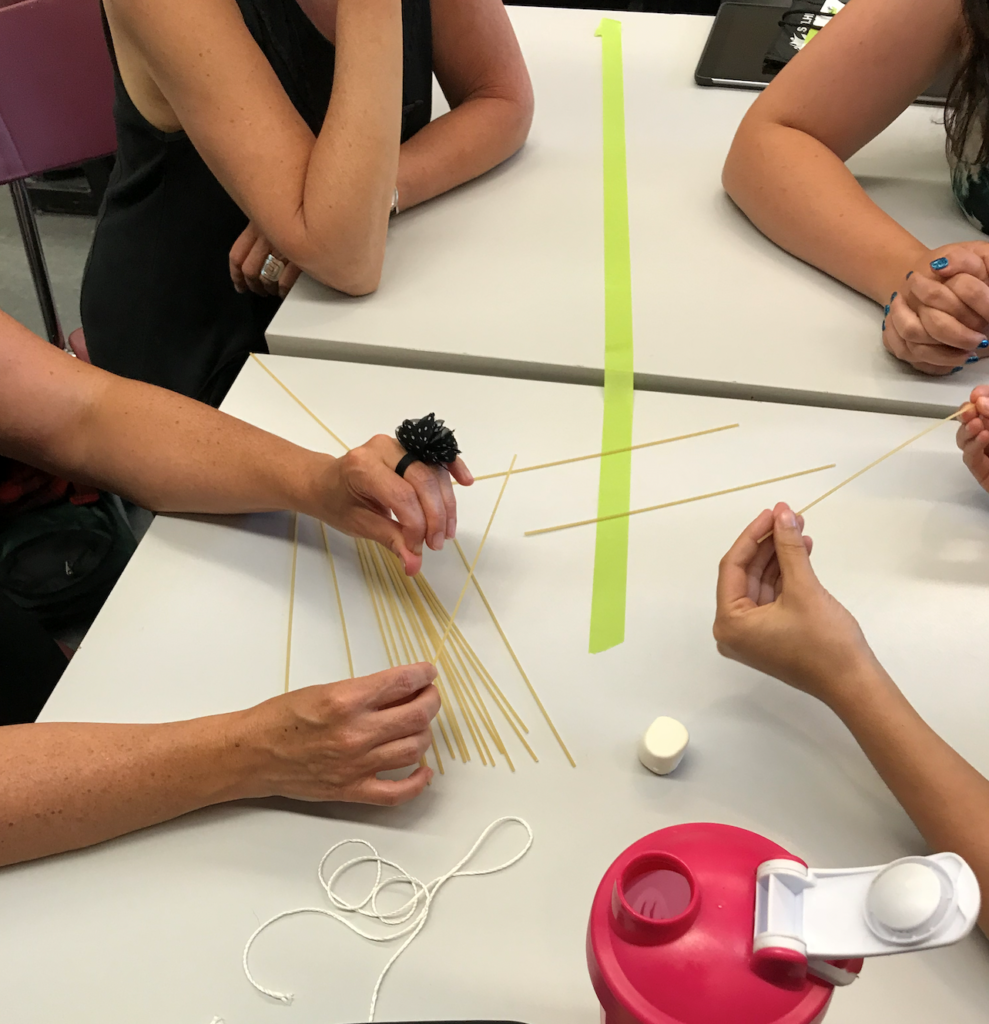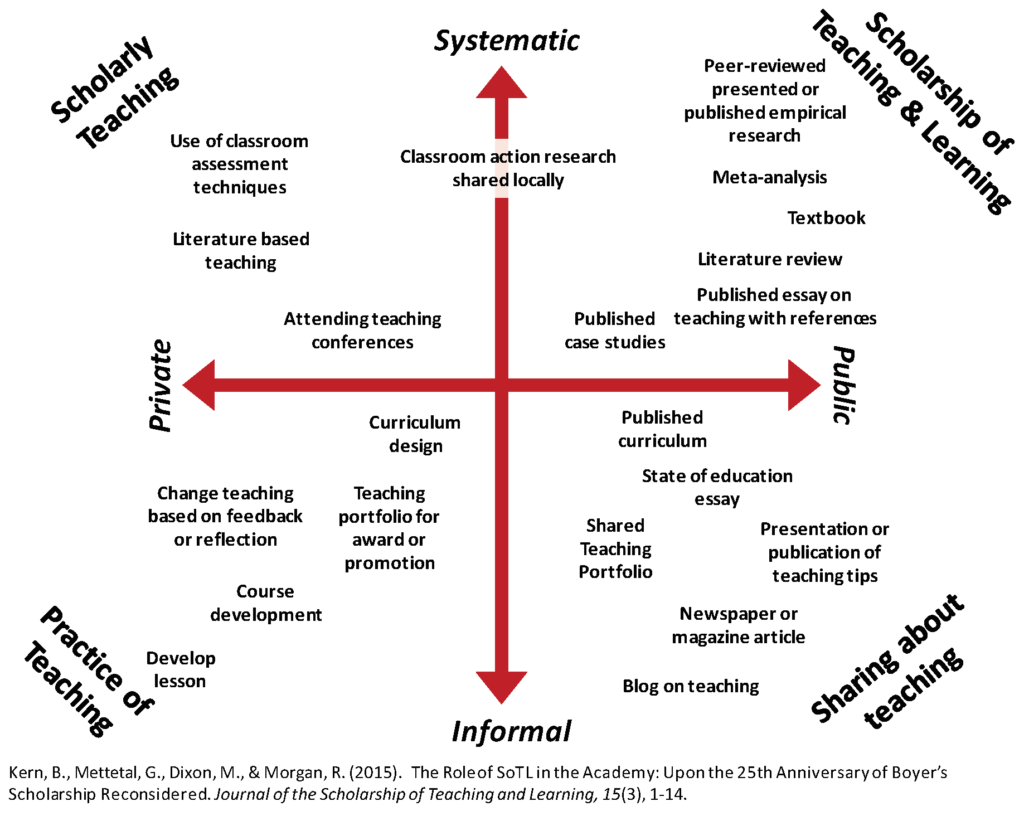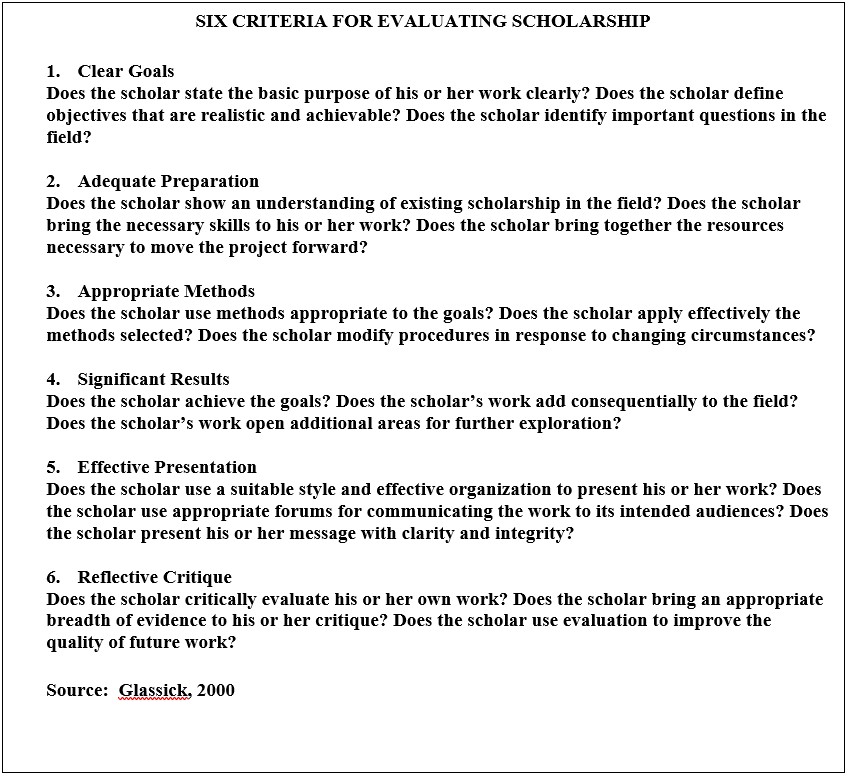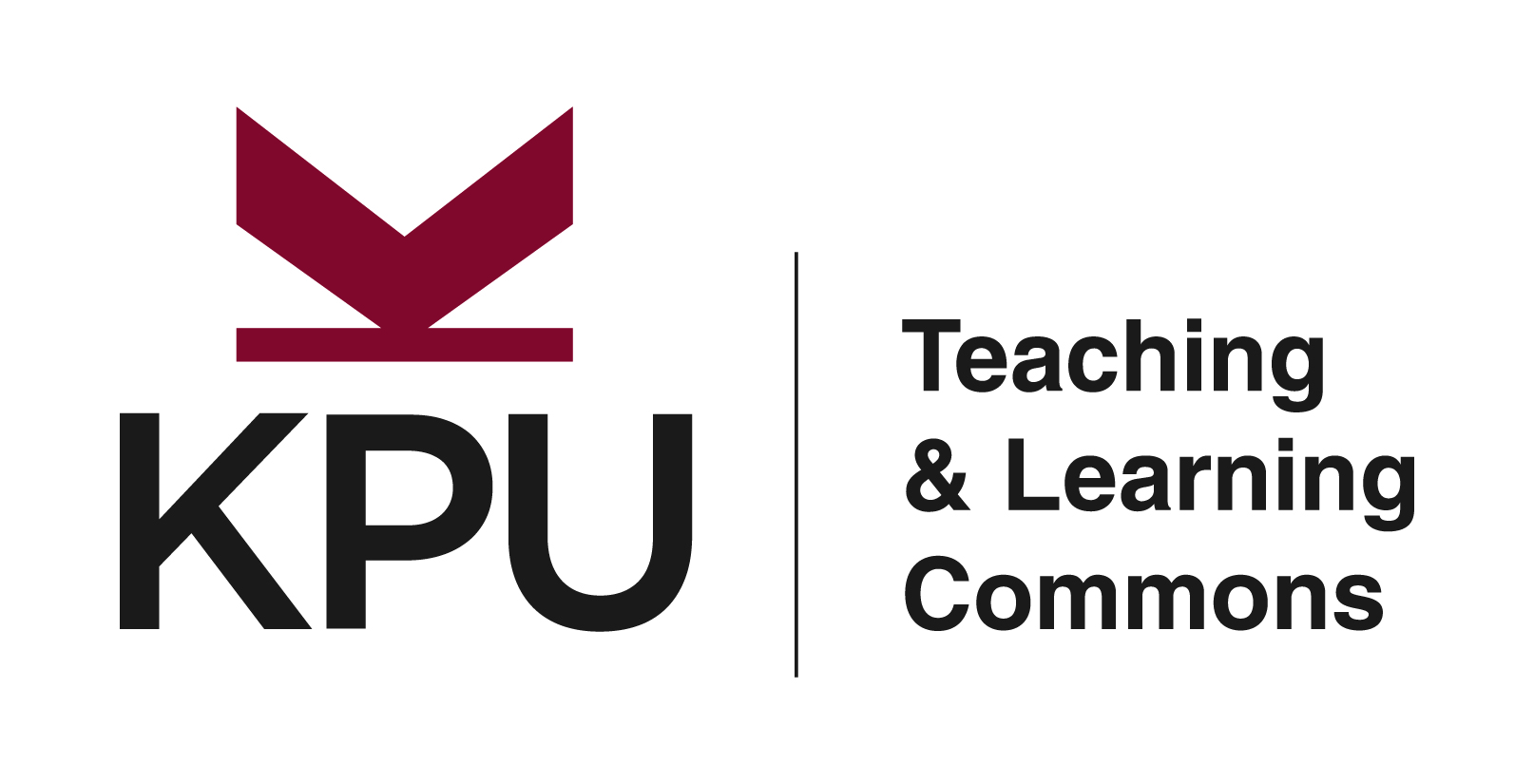Scholarly Teaching vs the Scholarship of Teaching & Learning
“SoTL differs from scholarly and reflective teaching in that it not only involves questioning one’s teaching or a teaching strategy, but also formally gathering and exploring evidence, researching the literature, refining and testing practices, and finally going public. The purpose of SoTL is not just to make an impact on student learning, but through formal, peer-reviewed communication, to contribute to the larger knowledge base on teaching and learning.”
(Bishop-Clark and Dietz-Uhler, 2012)
Teaching faculty how to use “The Marshmallow Challenge” in their classes at the 2018 STLHE Annual Conference: Pedagogical Innovation: Adapting Practice to Evolving Cultures. Source: Farhad Dastur. CC-BY.

The scholarly approach involves the adoption of a set of values, attitudes, principles, and practices that are defined by a community of scholarly practitioners. In this sense, taking a scholarly approach to teaching is no different than taking a scholarly approach to other domains. A scholarly approach to teaching views teaching as a serious profession grounded in theory and improved through evidence-based knowledge. To be a scholarly teacher is to do such things as evaluate one’s teaching with student or peer-based assessments, to discuss teaching challenges with colleagues, to attend teaching excellence meetings or teaching-related conferences, and to read and apply the literature on the teaching and learning into their teaching practice. Scholarly teaching is closely linked to reflective practice (e.g., Brookfield, 1995; Schön, 1983) which is what Boyer (1990) labeled the scholarship of teaching. SoTL takes that approach one step further by asking how can my efforts to improve teaching be studied in a systematic and scholarly way and then shared with the broader community of educators (Kreber & Cranton, 2000; McKinney, 2007)? The key difference, then, between scholarly teaching and SoTL is that the former is primarily about knowledge consumption while the latter is centered on knowledge production.
*Click image below to enlarge.


In 1997, the book, Scholarship assessed: Evaluation of the professoriate (Glassick et al., 1997) identified a conceptual framework composed of six qualitative standards against which faculty scholarly work should be evaluated. Importantly, this framework essentially said that if SoTL is serious scholarship, then it should be treated by similar standards of rigor as other areas of scholarship.
*Click image to the left enlarge.
